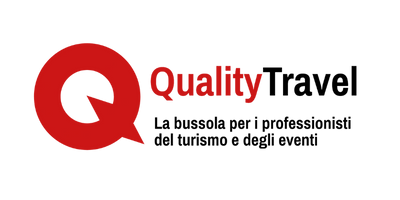Psychologist Raymond Nickerson defines the “Confirmation bias” as follows: the research or interpretation of evidence so that it turns conducive to existing beliefs, expectations or assumptions of the interpreting subject.
The year was 1998, the Internet era was just developing.
 According to Nickerson, a scholar of cognitive psychology, this phenomenon develops to safeguard one’s personal and/or group identity. The scholar, together with Stanovich, examines the difference between rationality and intelligence, concluding that some intelligent people have irrational behaviour. The confirmation bias may be the cause of many of these behaviours.
According to Nickerson, a scholar of cognitive psychology, this phenomenon develops to safeguard one’s personal and/or group identity. The scholar, together with Stanovich, examines the difference between rationality and intelligence, concluding that some intelligent people have irrational behaviour. The confirmation bias may be the cause of many of these behaviours.
Twenty years have passed but technology – with peer-to-peer connections as well as the hidden groups on social media, the huge development of social networking, the portals of reviews where anonymity grants responsibility-free attacks – has contributed to creating aberrant situations.
The article by Evan Williams, published on the Corriere della Sera on May 21, taken from the NYT, clearly shows the evolution of this phenomenon. Twitter co-founder publicly apologizes for creating a communication system in which just anyone can freely express their thoughts – defects and paranoia included: live killings, terrorist groups broadcasting action modes and templates for the making-of-weapons…
Williams’s analysis has political implications, because it examines groups ending up in prejudices which are impenetrable to any rational reasoning, favoured by the selective media of the Internet. The publishing world is also involved. He disapproves that no source is so often looked for, thus making it impossible to verify the reliability not only of the news but also of the author himself, of his experiences, background…
 Williams tried to find a solution when he invented Medium in 2012, a competitor platform where content is in the foreground (not bad in the snapshot era), verified and paid. Unsuccessfully, he says, because currently on the Internet quantity prevails on quality. A portal with massive accesses and false reviews is worth more than a seldom-clicked portal with verified reviews. Business goals prevail over the ethical ones.
Williams tried to find a solution when he invented Medium in 2012, a competitor platform where content is in the foreground (not bad in the snapshot era), verified and paid. Unsuccessfully, he says, because currently on the Internet quantity prevails on quality. A portal with massive accesses and false reviews is worth more than a seldom-clicked portal with verified reviews. Business goals prevail over the ethical ones.
My personal hope is that the big Silicon Valley companies get committed to a communications ethic with algorithms preventing the publication of socially dangerous content or images.
But I am positive that a common effort is needed and that politics traces the road and the borders to a communication world where clever people have less irrational behaviour, teachers resume their role as educators and parents take up consciousness of the dangerous phenomena of our time.

